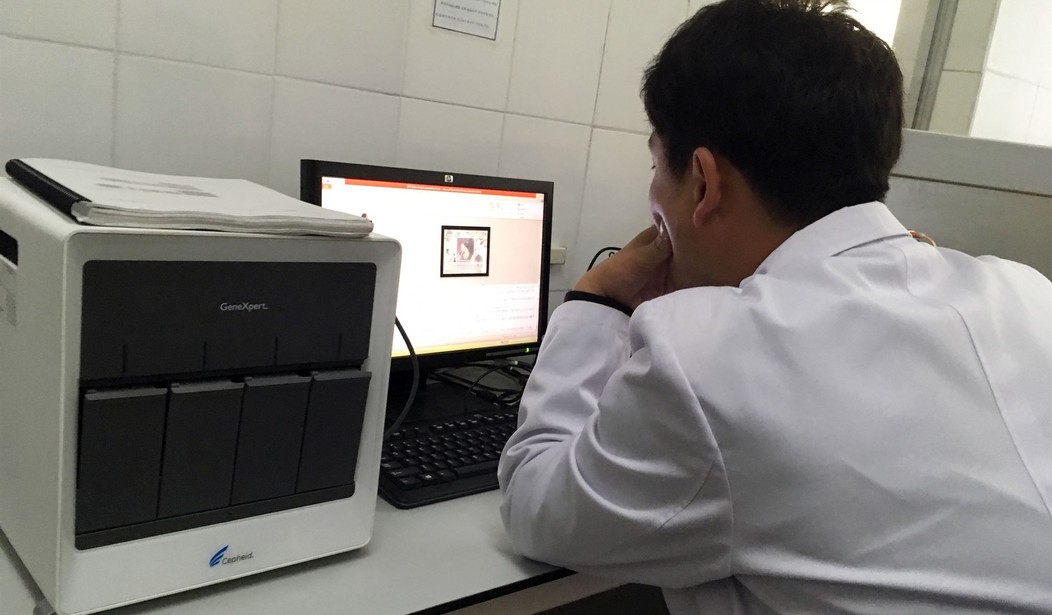A group of House Republicans has introduced a measure aimed at preventing children from viewing inappropriate content on the internet.
The bill, titled the “Shielding Children’s Retinas from Egregious Exposure on the Net Act,” (SCREEN) would mandate that online platforms require identification from its users to view their content.
Rep. Mary Miller (R-IL) introduced the measure in a post on X. “Children should NEVER have access to adult content online,” she wrote. “This is something everyone should agree on, yet many sites refuse to enforce strong age verification.”
Children should NEVER have access to adult content online.
— Rep. Mary Miller (@RepMaryMiller) August 1, 2025
This is something everyone should agree on, yet many sites refuse to enforce strong age verification.
It’s time to pass the SCREEN Act and protect our most innocent.
The SCREEN Act acknowledged several failed attempts to pass similar legislation and noted that current filtering software is not effective. However, “Congress has a ‘compelling government interest’ to protect the physical and psychological well-being of minors.”
The bill notes that modern technology enables companies to use non-intrusive age verification methods. It claims “filters do not work on 1 in 10 pornography sites accessed intentionally and 1 in 3 pornography sites that are accessed unintentionally.”
The would apply to commercial interactive computer services that host or distribute material deemed “harmful to minors,” including obscenity and child pornography. The platforms would be required to adopt “technology verification measures” to verify a user’s age.
Hear me out -- how about instead of forcing age verification to use the internet, we just ban porn instead? https://t.co/UiftufTI4U
— Joseph (@djos24) August 2, 2025
Recommended
The platforms would also have to verify IP addresses—including virtual private networks (VPNs), unless they could prove a user is operating outside of the United States. The companies must also retain age verification data only for as long as necessary and secure it from unauthorized access.
Enforcement of the proposed legislation would fall to the Federal Trade Commission (FTC). It would task the agency with conducting audits, issuing guidance, and bringing enforcement actions against those who run afoul of the law. “A violation of section 4 shall be treated as a violation of a rule defining an unfair or deceptive act or practice,” the bill reads.
Most people can agree that children should not view pornography or other forms of inappropriate material. But this bill has some issues.
For starters, it could essentially end anonymous browsing for adults and crack down on lawful speech. It would empower these platforms to collect sensitive data like government IDs, biometric, or other personally identifiable information — even with safeguards in place.
You don't want kids to see adult content?
— Corp C. (@Peppic_) August 2, 2025
Its called BEING A RESPONSIBLE PARENT!
If your answer to "protecting our innocent" is mass censorship, than you are a giant idiot.
Also, most devices have ways to restrict access to certain sites, so there is your solution, moron. https://t.co/Q5KV5v85g7
Forcing companies to compile and store this information would inevitably lead to invasive data collection. This would create more risks of surveillance and hacking, leaving Americans vulnerable.
There are also constitutional issues with the bill. Prior bills have faced opposition from those arguing that such legislation violates the First Amendment. The Supreme Court ruled in Ashcroft v. ACLU in 2004 that the government cannot enact policies preventing adults from accessing content protected by the First Amendment — even if it is ostensibly aimed at protecting children.
In the end, it is the job of parents to protect their children from inappropriate content, not the government’s. There are plenty of programs that can allow people to monitor their children’s browsing habits while blocking sites they don’t want their kids to see. Instead of relying on a nanny state, people must take responsibility for the content their children are consuming.
Editor’s Note: Do you enjoy Townhall conservative reporting that takes on the radical left and woke media? Support our work so that we can continue to bring you the truth.
Join Townhall's VIP program and use the promo code FIGHT to get 60% off your VIP membership!

























Join the conversation as a VIP Member